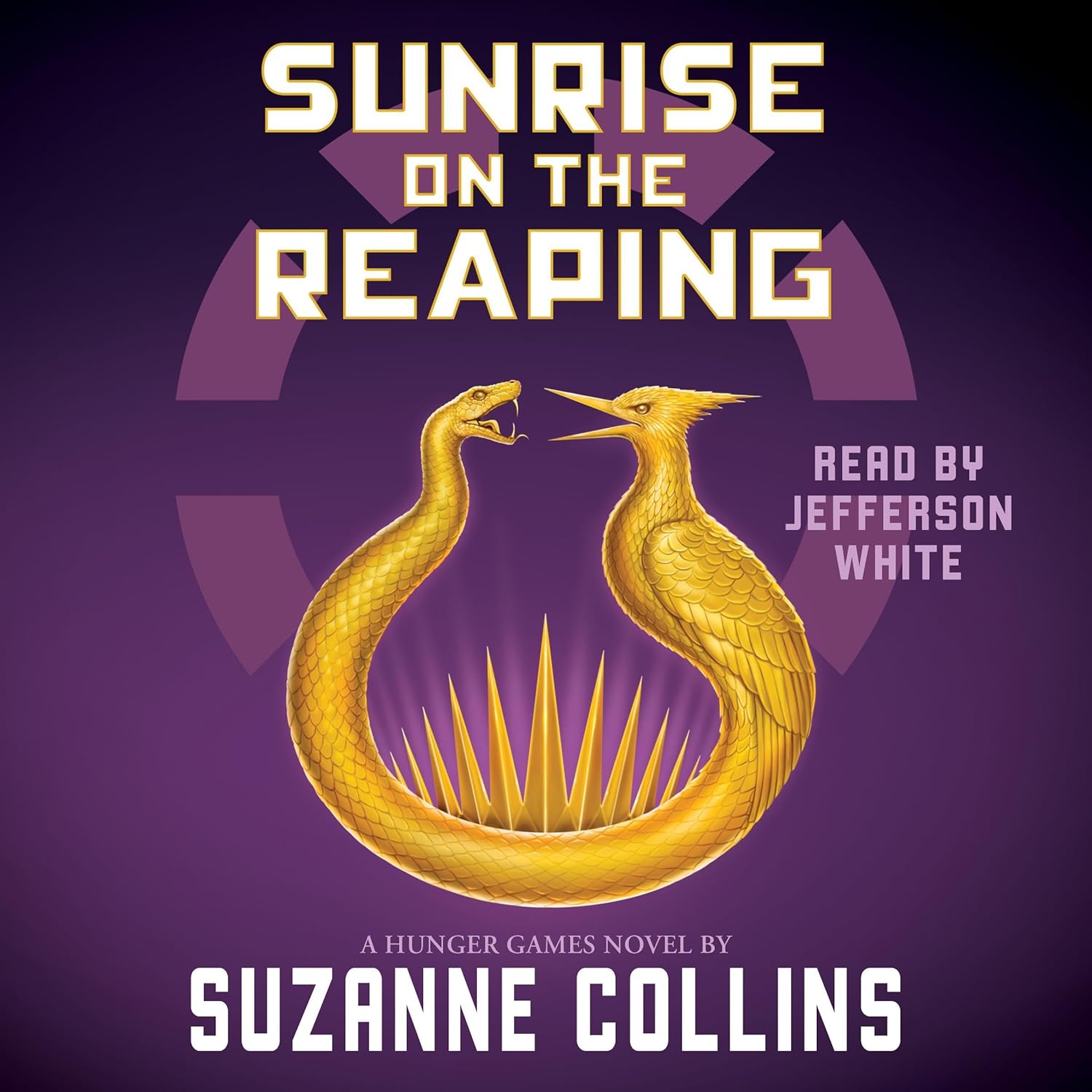[toc]
the hanging tree trauma loss in the hunger games
Sunrise on the Reaping (A Hunger Games Novel) (The Hunger Games)
Page 473 Review
The Haunting Melody and the Weight of Loss: A Commentary on the Hanging Tree
Suzanne Collins’ “The Hunger Games” series masterfully weaves together themes of survival, rebellion, and the enduring power of hope amidst unimaginable despair.
This passage, tinged with melancholic beauty and profound sorrow, offers a glimpse into the fractured psyche of Katniss Everdeen as she grapples with the aftermath of trauma and the weight of her choices.
The chilling rhyme of “The Hanging Tree,” coupled with the surreal encounters with the dead, paints a vivid picture of her internal landscape.
The Allure of Darkness: “Are you, are you Coming to the tree?”
The passage opens with the haunting lyrics of “The Hanging Tree,” a song deeply embedded in the history of District 12 and rebellion against the Capitol.
The simple, almost childlike rhyme belies its dark undertones.
The lyrics invite the listener to join a grim rendezvous: “Are you, are you / Coming to the tree? / Wear a necklace of rope, side by side with me. / Strange things did happen here / No stranger would it be / If we met up at midnight in the hanging tree.”
The phrase “necklace of rope” is a stark reference to execution, hinting at the despair and hopelessness that permeate Katniss’s thoughts.
The repetition of “tree” and the suggestion of meeting in the “hanging tree” emphasizes the allure of death and the perceived escape it offers from the pain of existence.
The song foreshadows the darker aspects of the story and sets a chilling tone for the passage.
Seeking Solace in the Afterlife: “Maybe Lenore Dove and I will hang together.”
The weight of loss and the desire for reunion with the deceased are palpable: “Maybe Lenore Dove and I will hang together.
Could be easier to find her then, in that next world of hers.
That’s as close to comfort as I can get.” This reveals Katniss’s deep-seated grief and her longing for connection with those she has lost.
The thought of joining Lenore Dove in death offers a twisted form of comfort, a sense of belonging and perhaps even understanding in a world that has become incomprehensible.
The phrase “that next world of hers” suggests a belief in an afterlife, a realm where Katniss hopes to find Lenore and possibly escape the torment of her present reality.
This yearning for connection underscores the profound impact of loss on Katniss’s mental state and her struggle to find meaning and purpose in a world ravaged by violence and oppression.
A Descent into Surrealism: “They seem to want me to do something…”
The journey itself is a blur, a monotonous cycle of travel and fleeting moments of rest: “We travel through the day, far into the night.
Once in a while, there’s a stop somewhere to fuel up.
Every few hours, rolls and milk are delivered, although I haven’t touched a mouthful.
My gut aches and the hard floor digs into my unpadded bones.” This description highlights Katniss’s physical and emotional exhaustion.
Her refusal to eat underscores her detachment from the world and her loss of appetite for life itself.
The surreal encounters with the dead further blur the lines between reality and nightmare: “When I manage to doze, dead tributes pay calls.
They seem to want me to do something, but it’s unclear what that is.” This suggests that Katniss is haunted by the ghosts of her past, the victims of the Games and the war.
Their presence indicates unresolved guilt and a lingering sense of responsibility.
The fact that their desires are unclear adds to the sense of confusion and disorientation.
The bizarre encounter with Louella and Lou Lou encapsulates the dehumanizing effects of the Capitol’s power: “The strangest visit involves Louella and Lou Lou, dressed in identical outfits, sitting across the table from me while I peel and eat a bowl of hard-boiled eggs. ‘Which of us is which?’ they ask me.
But the Capitol has won.
I can’t tell them apart.” This scene symbolizes the loss of individuality and the Capitol’s ability to manipulate and control even the identities of its citizens.
Katniss’s inability to distinguish between the twins reflects her own internal confusion and her sense of alienation from the world around her.
Return to Ashes: “I am home.”
The passage concludes with Katniss’s arrival back in District 12: “I jerk awake to find the train has pulled into the District 12 station.
I am home.
The Peacekeepers come in, remove my shackles, and lead me to the exit.
The door opens.” While she is physically “home,” the return is hardly a joyful homecoming.
The presence of the Peacekeepers and the removal of shackles serve as a stark reminder of her captivity and the oppressive control of the Capitol.
The opening of the door symbolizes a return to reality, but also a step back into the ashes of her former life.
This ending is deliberately ambiguous, leaving the reader to wonder what awaits Katniss in District 12 and whether she can ever truly escape the trauma and loss that have defined her existence.
Buy full ebook for only $15: https://www.lulu.com/shop/suzanne-collins/sunrise-on-the-reaping-a-hunger-games-novel-the-hunger-games/ebook/product-e7496ww.html?page=1&pageSize=4
The Hanging Tree Trauma Loss In The Hunger Games
Read more: Manipulation & Resistance: Ebook Commentary

